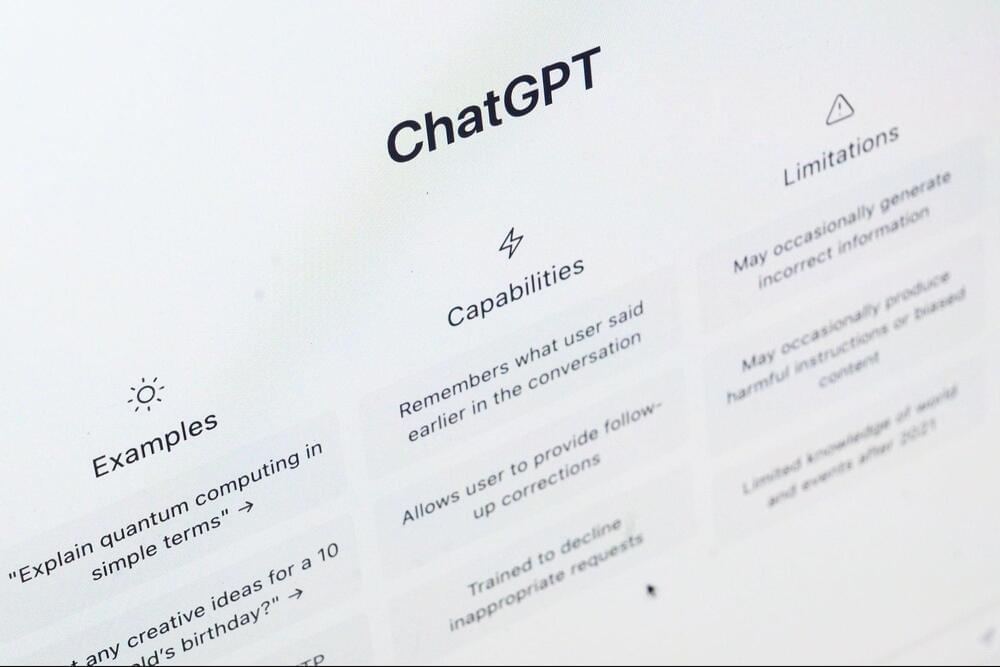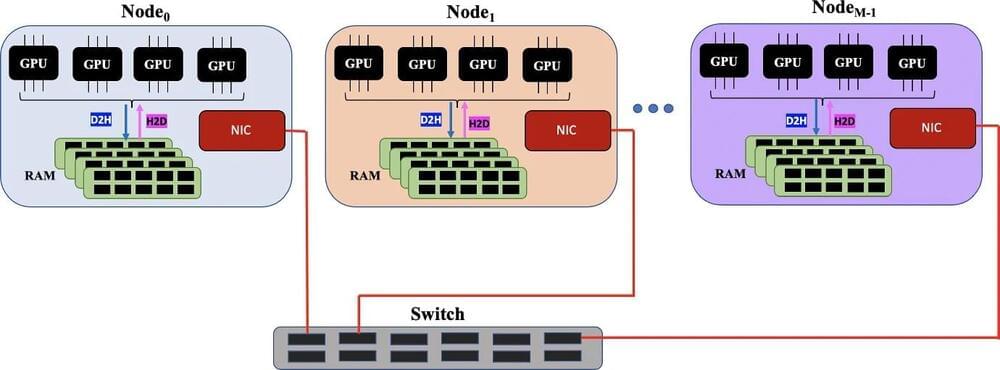Since its launch in 2017, Harness, the software delivery platform founded by AppDynamics founder and CEO Jyoti Bansal, expanded from being continuous code deployment to covering continuous integration, feature flags, cloud cost management, security testing orchestration, chaos engineering and more. But even though it focused heavily on GitOps, it never offered its own Git repositories. That’s changing today with the launch of the Gitness open-source Git repository and the Harness Code Repository, the hosted and managed version of Gitness.
“There hasn’t been a new Git repo launch in almost a decade,” Bansal told me. “Now you have GitHub, GitLab, Bitbucket from Atlassian, but that’s really it. […] If you look at any of the git repos, whether it’s GitLab or GitHub or Bitbucket, they don’t have the true one source ethos around them anymore. We strongly believe that Git started as open source, so let’s bring the true open-source ethos back to Git repos.”






